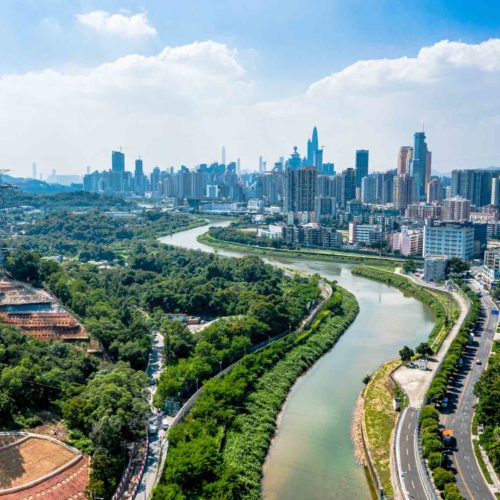
Transportation

2021: The Year the Rubber Meets the Road for Electric Trucks
2021 is shaping up to be a pivotal year for the electric vehicle. While this is true across weight classes and duty cycles, perhaps none are better positioned for growth than trucks. To be sure, 2020 saw a number of exciting announcements from manufacturers eager to electrify heavy-duty…

What We Learned from 100 Million Miles of Ridehailing Data
Transportation network company (TNC) fleets, like Uber and Lyft in America, Didi in China and Ola in India, may account for a relatively small share of the number of total automobiles on the road globally. But don’t let that fool you. Electrifying ridehailing has outsized potential to reduce emissions and…

Fully Electrifying Delivery Vehicles: Insights from Shenzhen
The topic of urban freight is more important today than ever before. We have seen and experienced firsthand the role of urban delivery vehicles throughout the COVID-19 pandemic as people have relied more heavily on door-to-door delivery services for food, home, and business goods, often through online shopping. However, these…

The New (Ab)Normal
In Colorado at the end of October, the largest fire in the state’s history is still burning on over 200,000 acres (more than 300 square miles). The Cameron Peak Fire started on August 13, so it has been burning now for over two months and is still only…

Now Is the Time for US Leadership on Electric Vehicles
Transportation is the United States’ largest source of greenhouse gas emissions. Estimates suggest that to keep the world within 1.5°C of warming, at least one in five cars must be electric by 2030, in addition to decreasing vehicle miles traveled. Recent announcements about technology improvements and demand signals…